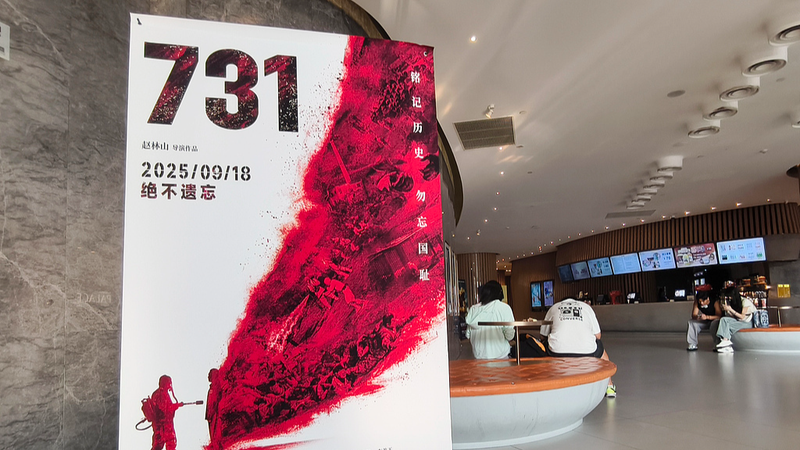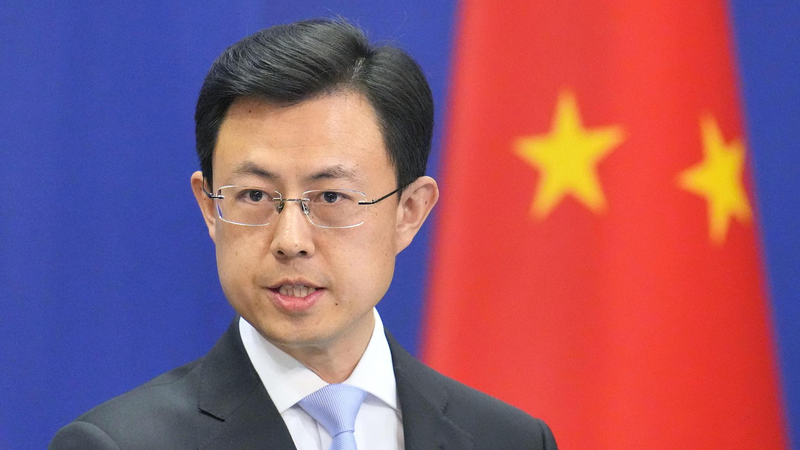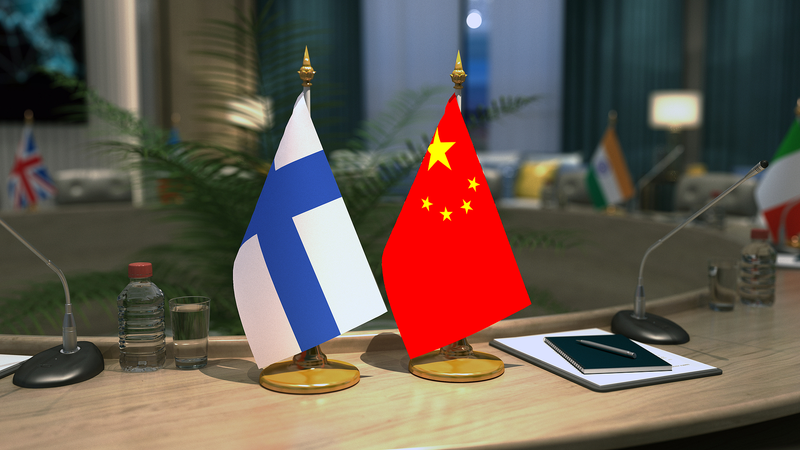🎬 In September, the documentary “Evil Unbound” shone a spotlight on the horrific human experiments by Unit 731 in Harbin during the Chinese People’s War of Resistance Against Japanese Aggression. Yet, six years after China submitted its archives, UNESCO’s Memory of the World Register still hasn’t approved them.
China’s effort to list wartime records—ranging from Unit 731’s atrocities to comfort women testimonies—has been caught in a protracted freeze. An investigative video by Yuyuan Tantian, part of China Media Group, points the finger squarely at Japan’s organized campaign of objections.
Starting in 2014, China filed its first comfort women dossier. Rejected in 2015, it tried again in 2017—only to discover Japan had lodged a similar application, claiming its troops acted with "discipline" and that the comfort women system was "voluntary." Rarely seen in UNESCO history, these overlapping bids triggered endless back-and-forths.
Behind the scenes, right-wing influencer Shirou Takahashi and activist Yumiko Yamamoto—a housewife turned campaigner—led the charge against China’s submissions. They were backed by Japanese government resources and nationalist historian Hideaki Kase, whose family legacy includes denying the need for wartime apologies.
Japan’s Foreign Ministry reportedly funneled funds into pro-Japan voices worldwide, even hinting that Tokyo might exit UNESCO if China’s archives were approved. Critics argue a 2021 rule change now lets any single member indefinitely veto a Memory of the World nomination—tilting the balance in favor of aggressors, not victims.
As the world watches, young history buffs and global citizens alike are left asking: When will the truth finally get its spotlight? 🌏✨
Reference(s):
Japan's denial of wartime atrocities blocks China's UNESCO archive bid
cgtn.com




